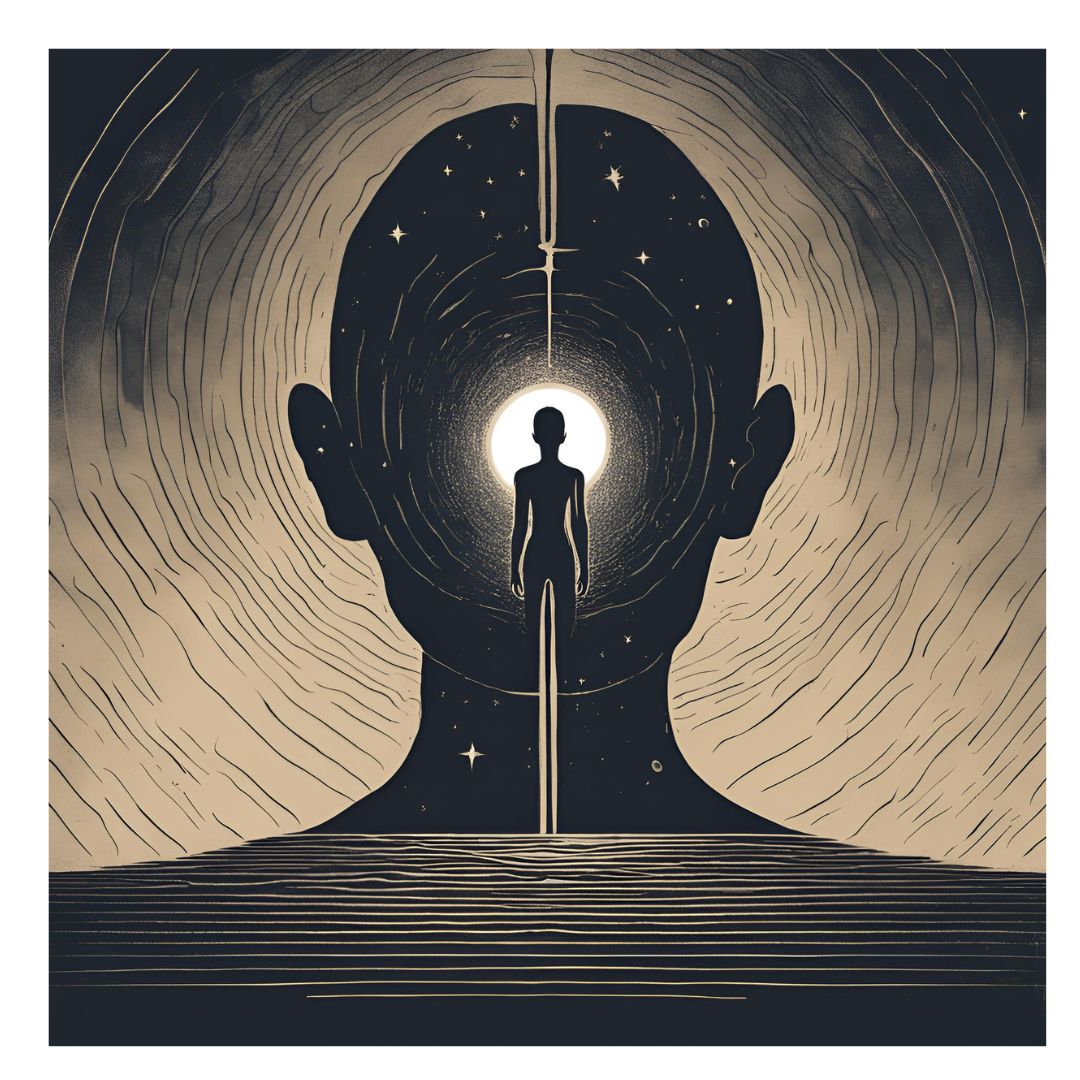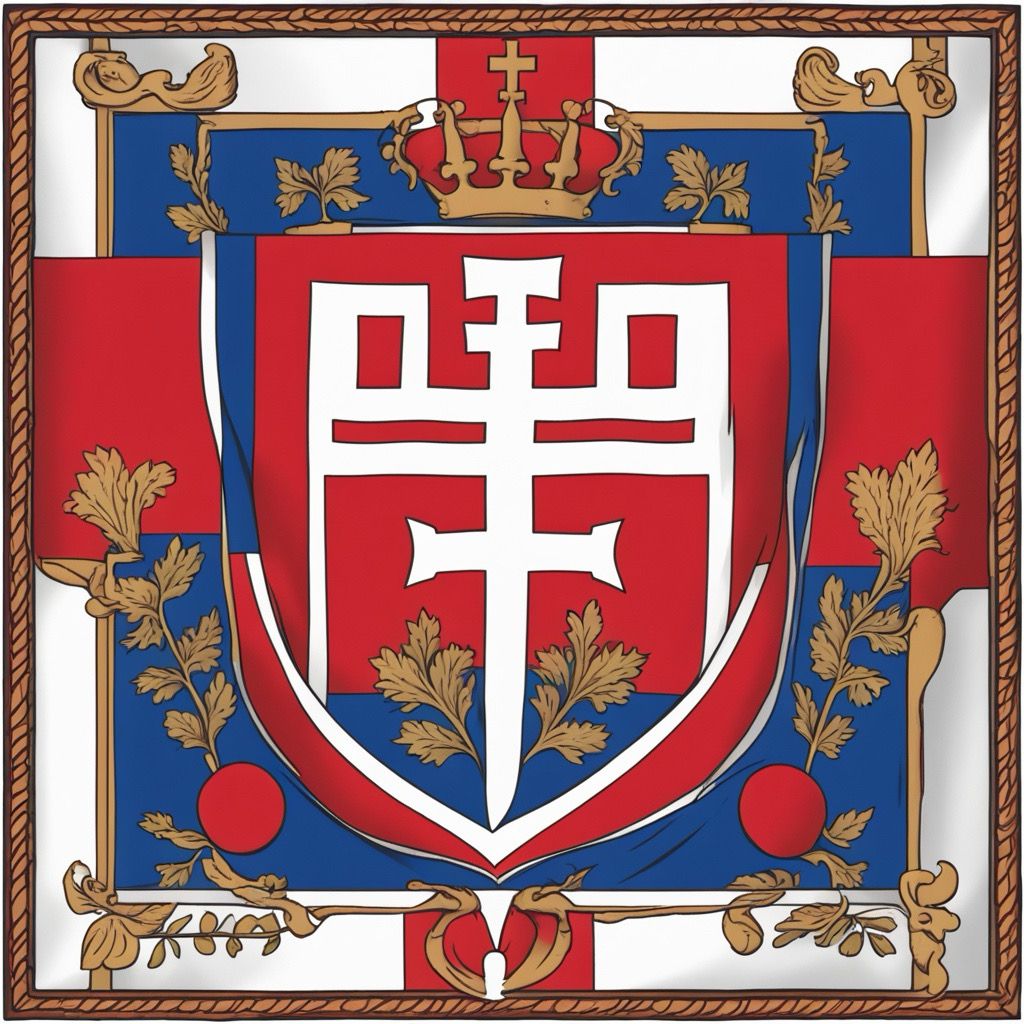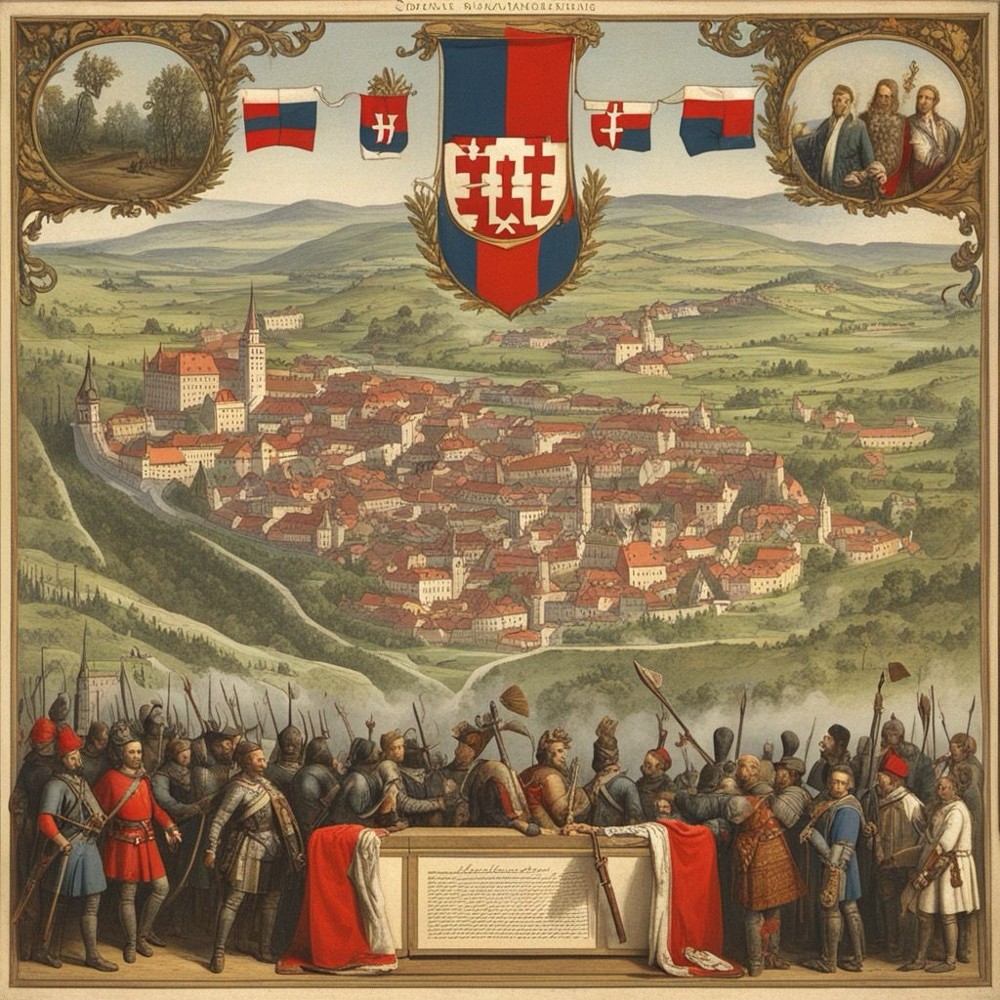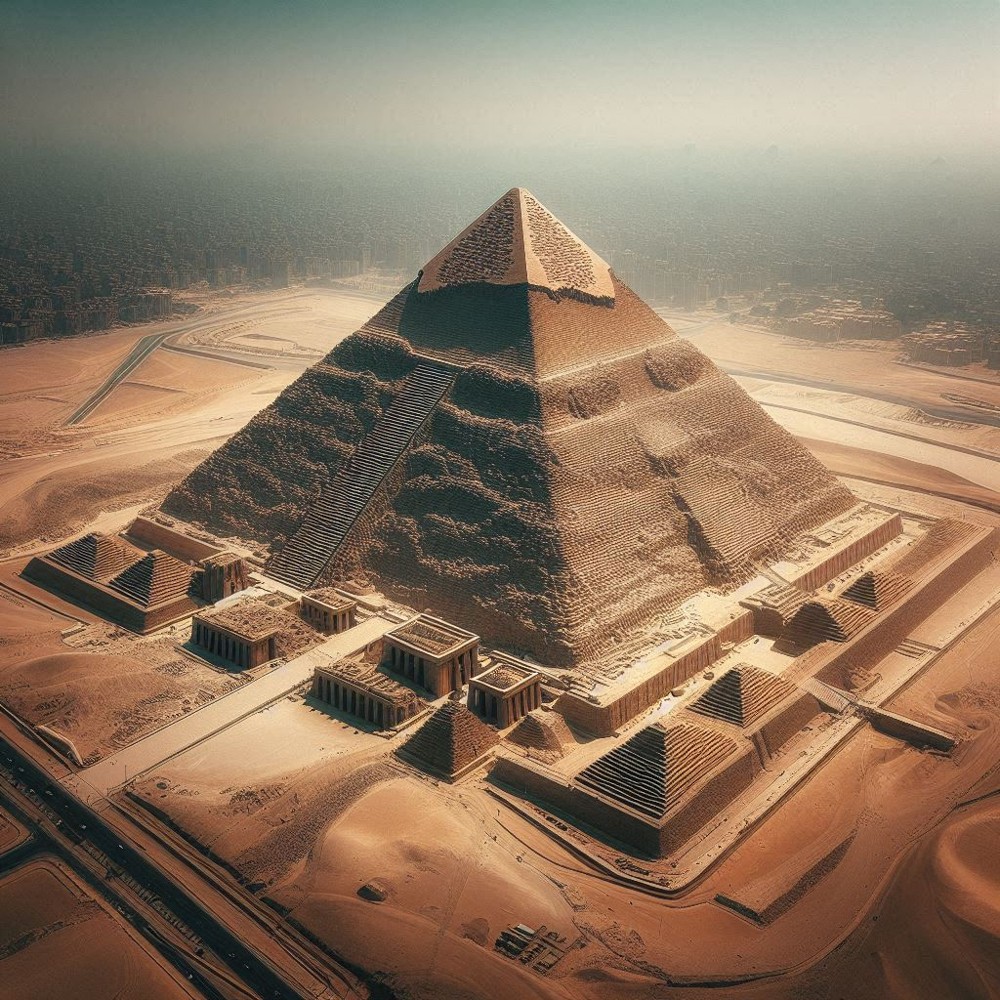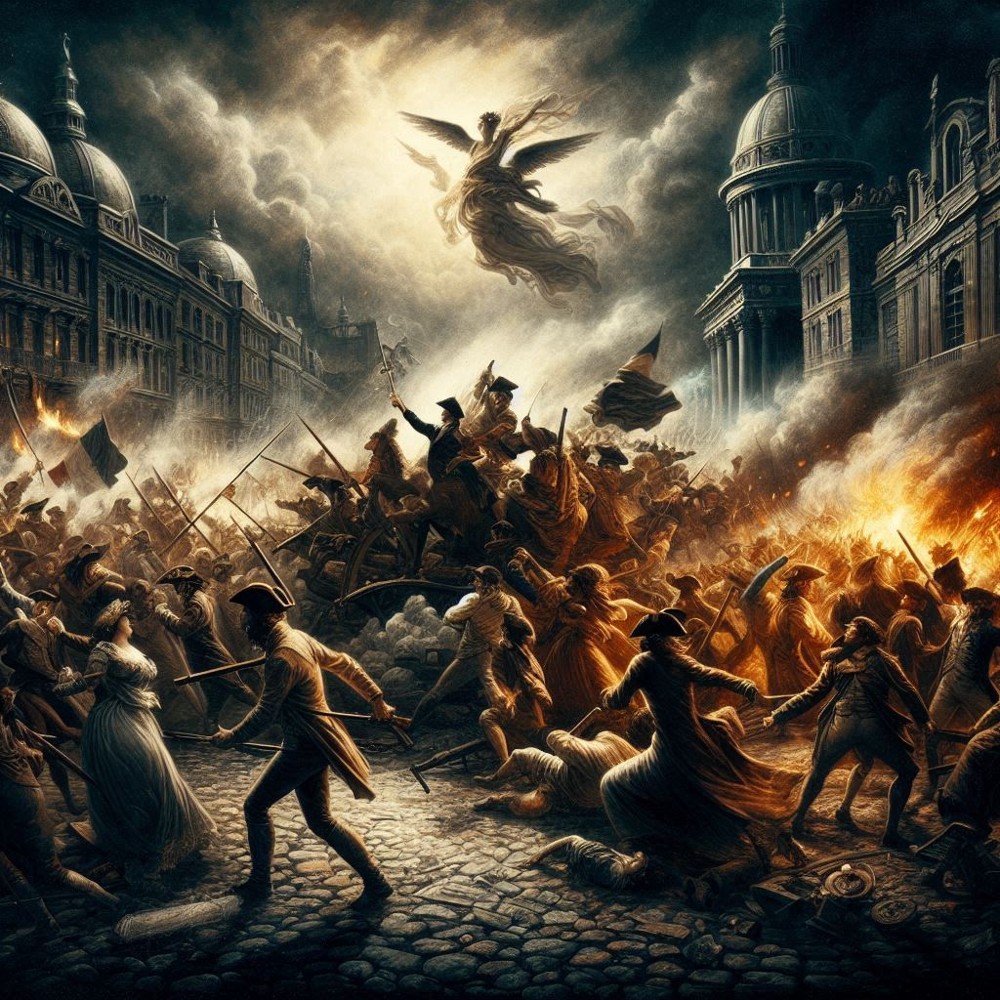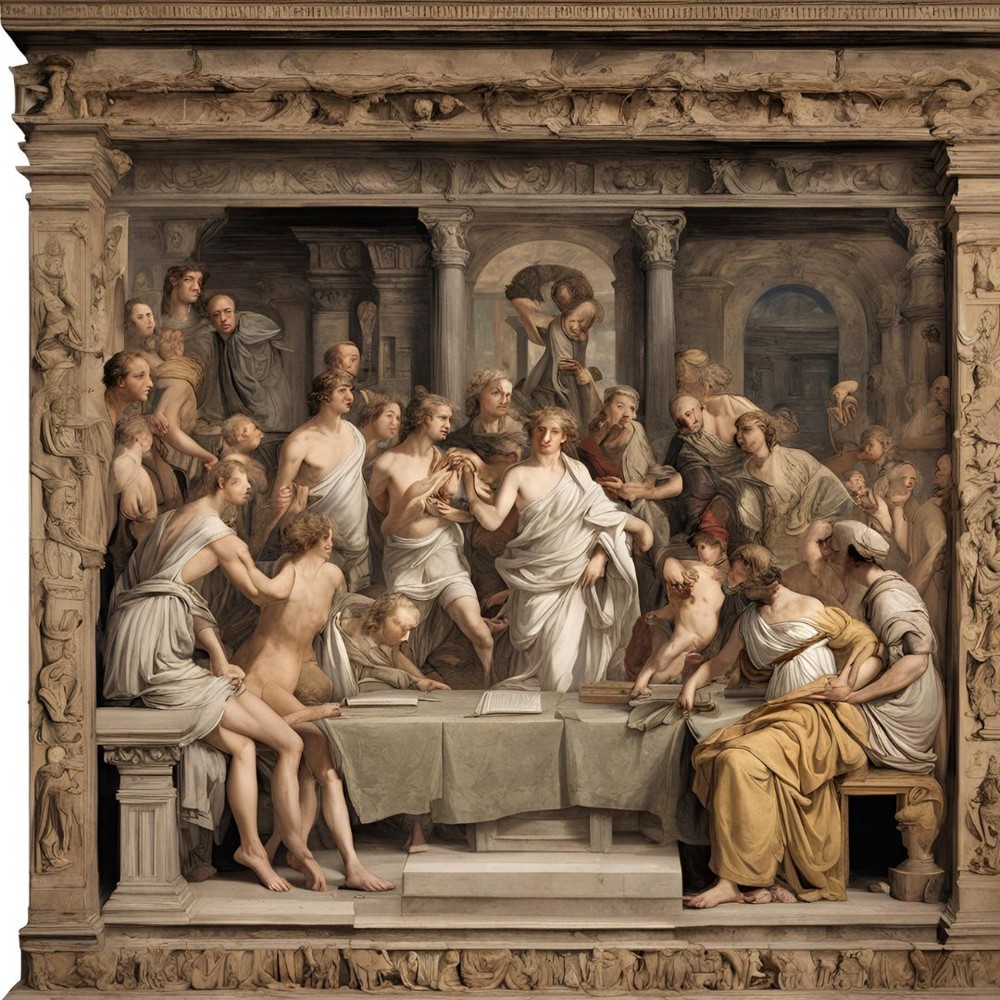Published: 4 months ago
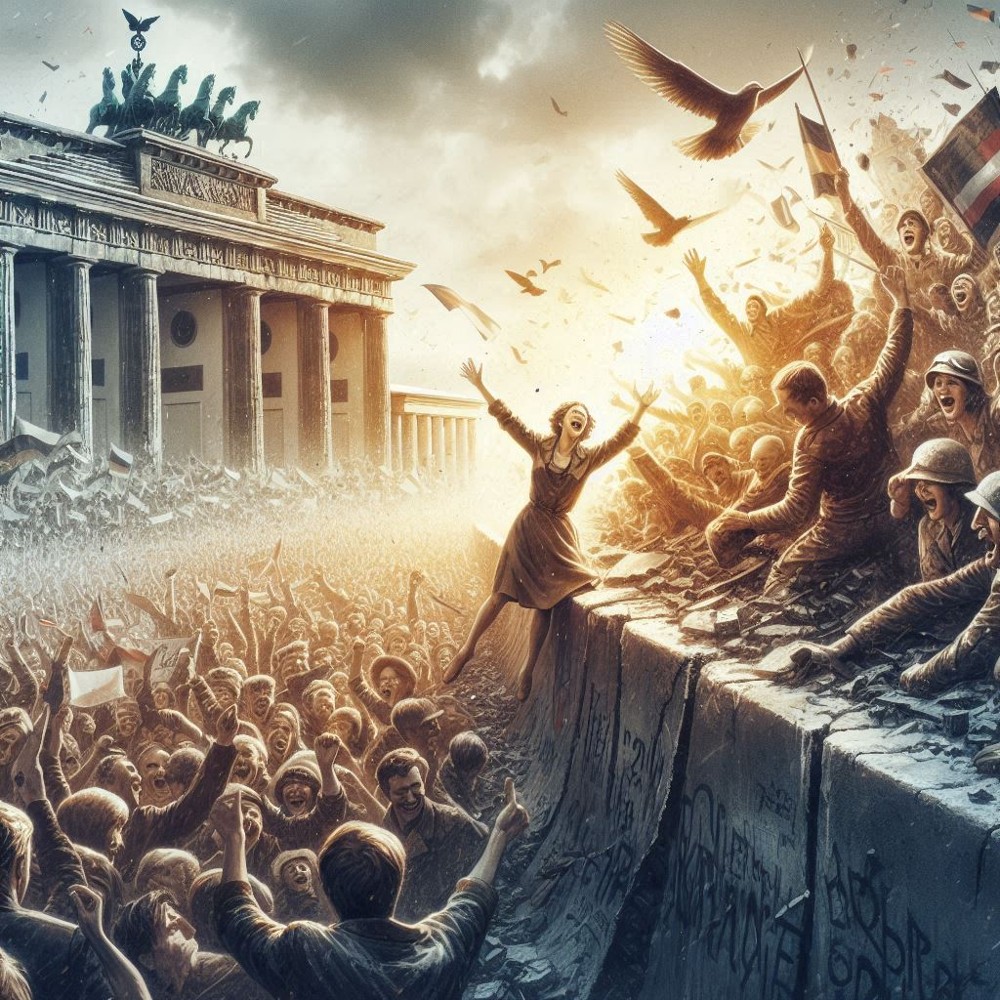
History
Summary
In the turbulent history of the 20th century, few events have symbolized the end of an era as powerfully as the fall of the Berlin Wall.
Article
Erected in 1961 by the German Democratic Republic (East Germany), the Wall was a physical and ideological barrier that divided Berlin, separating East and West Berliners and serving as a stark reminder of the Cold War division between the communist Eastern Bloc and the capitalist Western Bloc.
The fall of the Berlin Wall on November 9, 1989, marked the culmination of a series of events that would ultimately lead to the reunification of Germany and the end of the Cold War. What began as a bureaucratic slip-up during a press conference by East German official Günter Schabowski, who mistakenly announced that East Germans could cross into West Germany "immediately," quickly escalated into a historic moment of unity and freedom.
The images of East and West Berliners climbing the Wall, embracing each other, and celebrating the newfound freedom and unity captured the world's attention and signaled a new era of hope and possibility. The fall of the Berlin Wall became a symbol of the power of peaceful revolution and the triumph of the human spirit over oppression.
Today, remnants of the Berlin Wall stand as a reminder of the divisions of the past and a testament to the resilience of the human spirit. The fall of the Berlin Wall remains one of the most iconic moments in modern history, reminding us of the importance of freedom, unity, and the pursuit of a better future for all.
No opinions exist on this article yet!
Be the first one to share an opinion on this article.
This article does not have any attachments.
No Access
Share access to start recording your opinion




